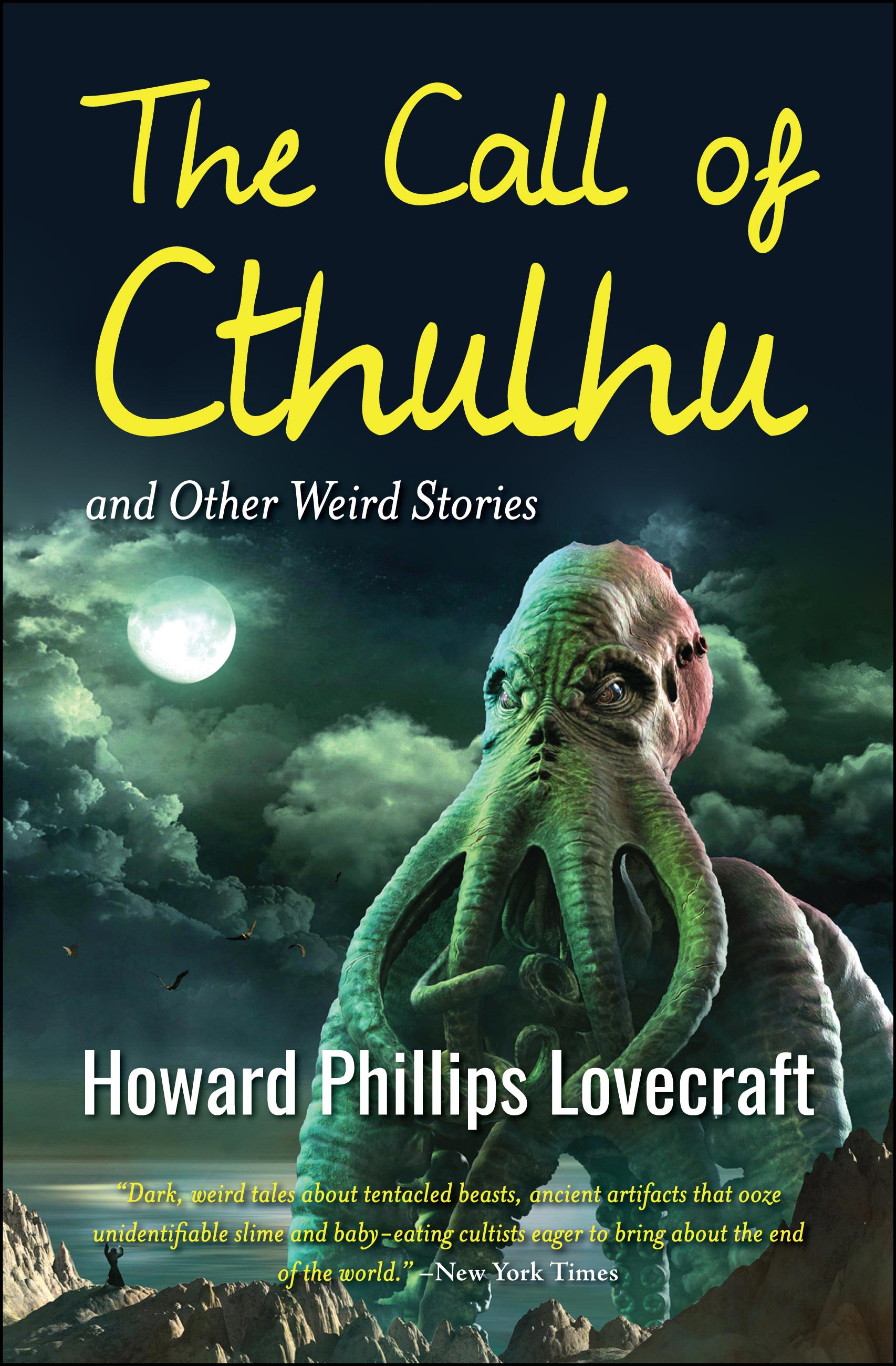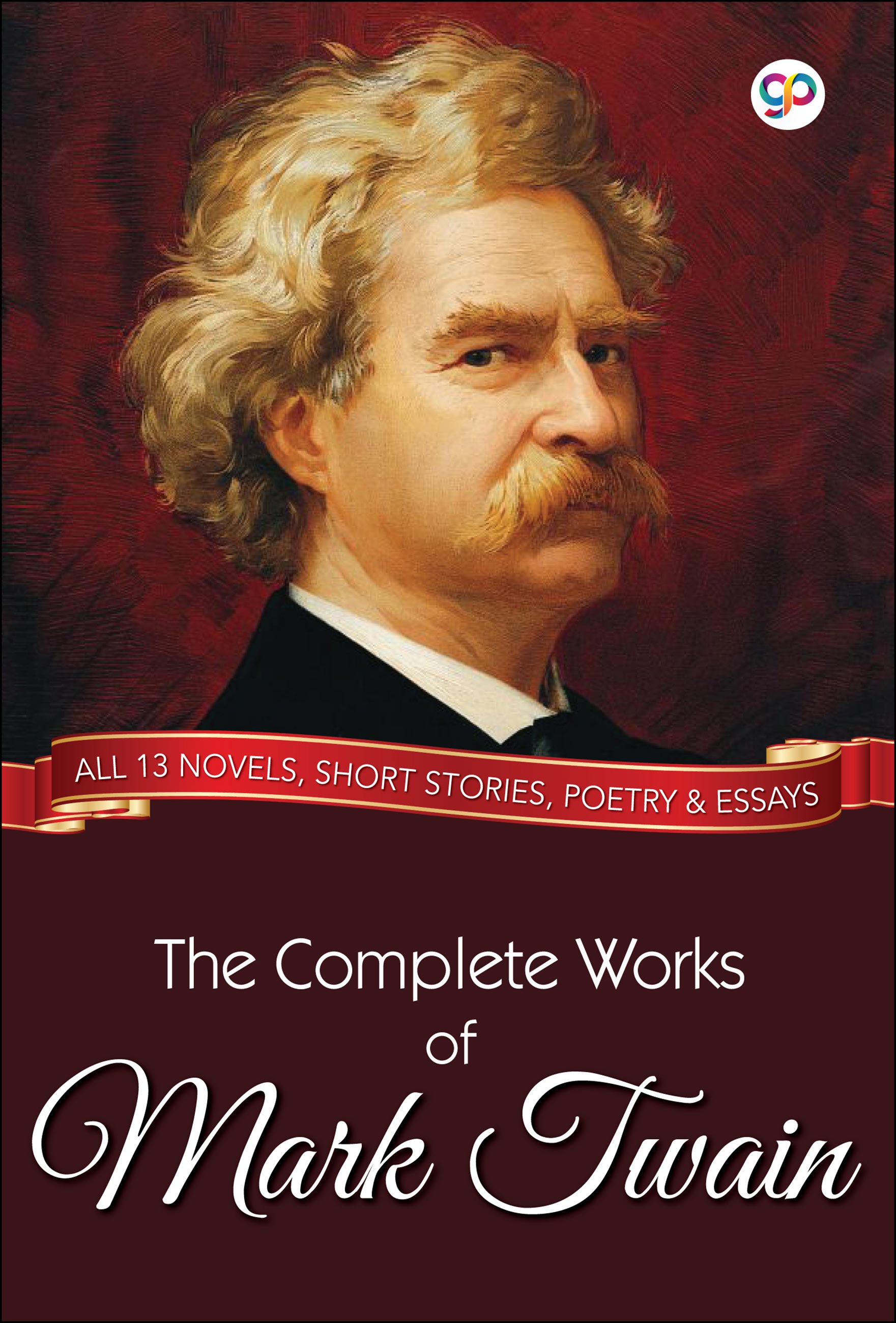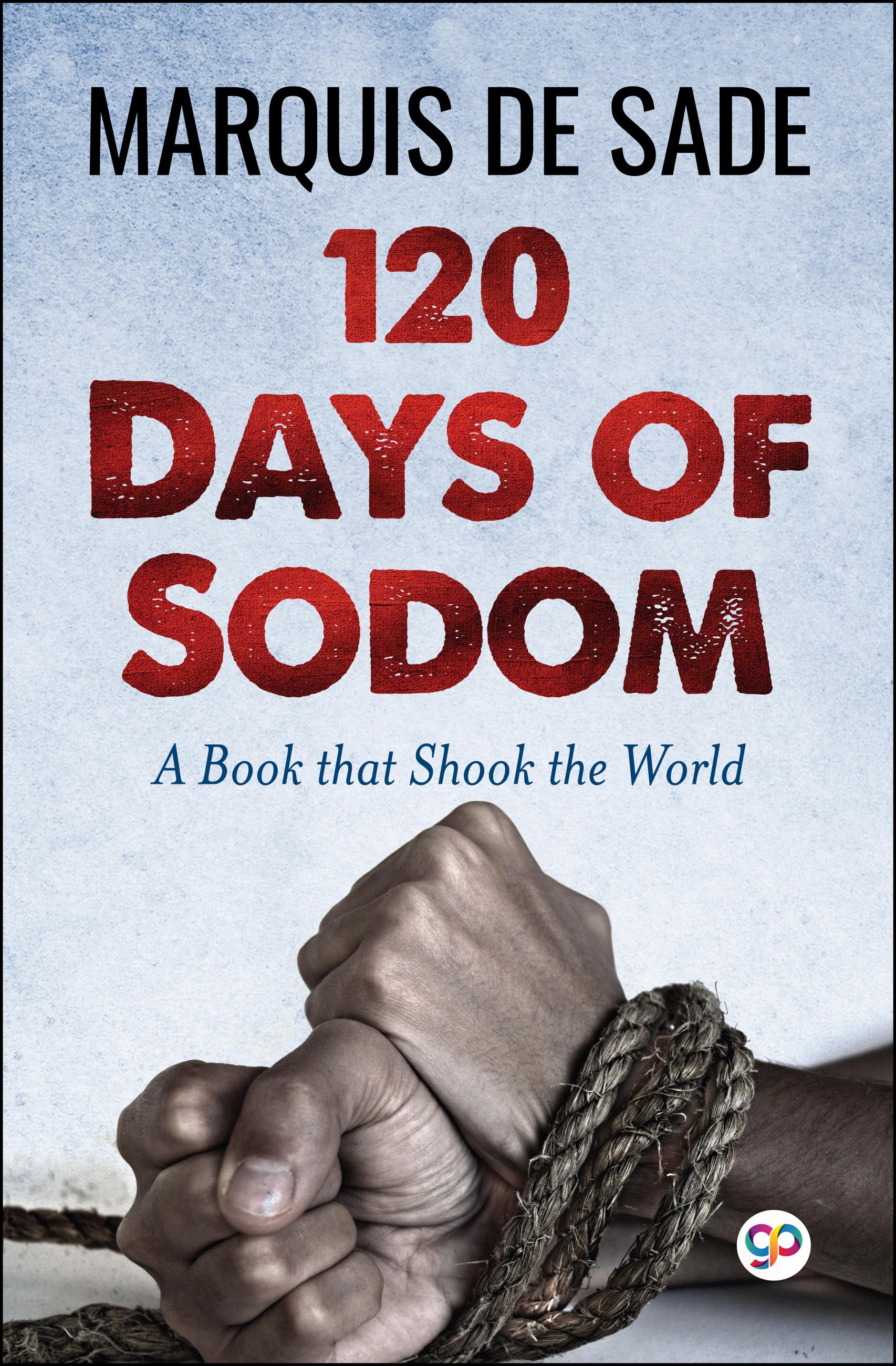
Letters to Milena (eBook)
Kafka never shows himself as clearly as he does in the ‘Letters to Milena’, which start out primarily as a business letter but quickly turn into a passionate "letter love." Twenty-three-year-old Milena Jesenská was a talented and captivating woman. She was the only person to be able to distinguish both the complexity of Kafka's persona and his intricate genius as his translator from Czech. In Kafka's words, at thirty-six, she was "a living fire, such as I have never seen." He shared the most personal side of himself to her. He entrusted her with the security of his diaries once the affair ended. One of the most important writers of the 20th century, according to critics, was Franz Kafka, a German-language author of novels and short tales.
"I’m tired, can’t think of anything and want only to lay my face in your lap, feel your hand on my head and remain like that through all eternity."
—Franz Kafka (Letters to Milena)
BEST SELLERS
About the Author
Franz Kafka, born in 1883 in Prague to a German-speaking Jewish middle-class family, is one of the most influential writers of the 20th century. Though he studied law at the Charles-Ferdinand University to please his father, Kafka nurtured a deep passion for literature. While there, he joined a student club and met Max Brod, his lifelong friend and literary executor. Kafka wrote in German, producing works that explored alienation, anxiety, and bureaucratic oppression.
His notable stories include The Metamorphosis (1912) and In the Penal Colony (1914), while his major novels—The Trial (1925), The Castle (1926), and Amerika (1927)—were published posthumously. During his lifetime, Kafka was little known, and he wished his unpublished work destroyed. However, Brod defied this request, preserving and publishing Kafka’s manuscripts. Kafka also spoke Czech fluently and admired French literature, especially Flaubert. His unique writing style, marked by fragmented narratives and existential themes, came to define “Kafkaesque” fiction. Much of his work was unfinished and difficult to organize, as he often wrote inconsistently across notebooks. Kafka died in 1924 from tuberculosis, largely unrecognized in his lifetime, yet today his incomplete but profound body of work stands among the most important in European literature.












